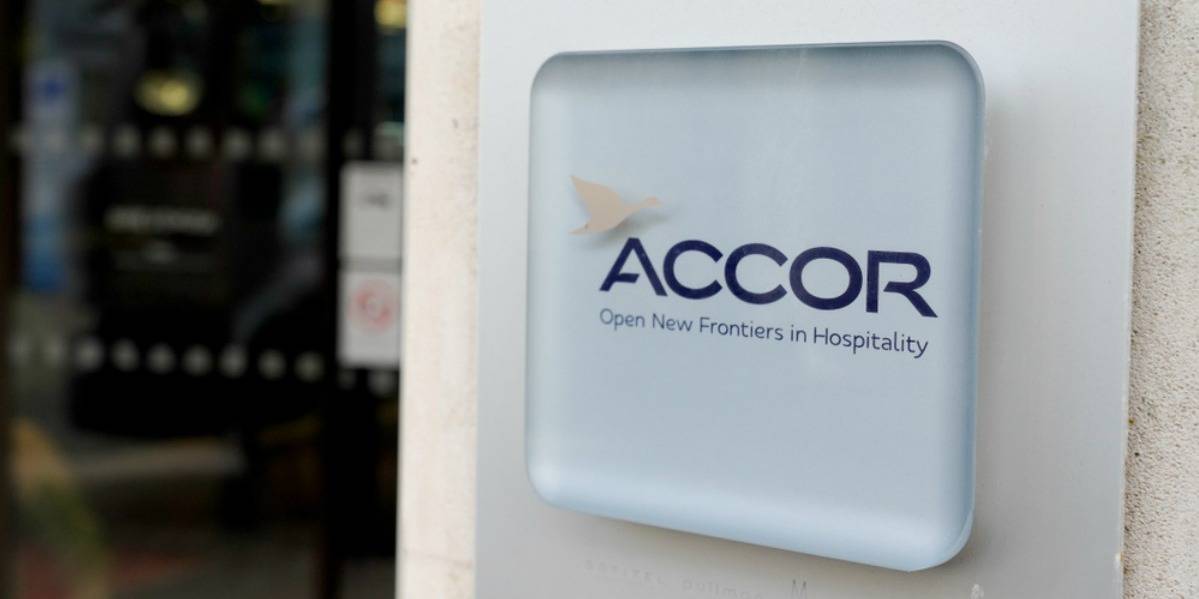Accor, the largest hotel company in Mideast, stepping up COVID-19 hygiene, safety protocols
With 34,327 rooms in the Middle East, Accor was the largest hotel company in the 2019 Middle East Top 10 list by room count by data solutions provider STR that looked at data till the end of February. The French hospitality group outrivaled Marriott International to second with 33,757 rooms, and InterContinental Hotels Group was third with 23,331 rooms. By the end of 2019, a series of new openings propelled Accor’s numbers to 63,629 rooms.
As COVID-19 lockdowns are eased in the Middle East, Accor says it is implementing hygiene and safety protocols as it anticipates the return of guests.
“We are preparing for the recovery alongside the authorities and professional organizations in the countries in which we operate,” Sébastien Bazin, Accor chairperson and CEO assured in an April 22 press release announcing the first-quarter 2020 revenue of 768 million euros ($864 million).
While the group’s total sales were down by 15.8% compared to the same period in 2019, in the Middle East and Africa, revenue per available room (RevPAR) dropped by 21.4%.
Despite the revenue drop, Accor’s shareholders agreed to distribute 25% of the planned dividend (i.e. 70 million euros, $79 million) to launch the “ALL Heartist Fund”. This will help employees who struggle financially and frontline professionals providing support to local communities during the crisis. Operational for just two months, the Fund has already distributed support to more than 14,000 beneficiaries.
“For the Middle East & Africa, I can confirm all our hotels are implementing the ALLSAFE program,” Sarah Fernandez, Accor’s regional Director of PR & Communications, told Salaam Gateway.
The ALLSAFE global cleanliness and prevention standards program was developed and is vetted by French testing and certification company Bureau Veritas.
Deniz Met, Director of Marketing at Turkey’s Raffles Istanbul, a member of the Accor group, shared with Salaam Gateway what the hotel has done to implement the ALLSAFE criteria.
“Once the guest has departed, the room undergoes deep airborne disinfection through a hospital-grade device, Aerosept Ultra 150,” Met explained. “It disinfects any surface in the guest room by using a newly patented disinfection process.”
Staff cleans every departure room using a new technology device to prevent any contamination. Ultraviolet–C sanitation has been installed into the hotel’s air conditioning system to destroy bacteria and virus DNA.
“Any air circulating in the guest rooms and public areas, including restaurants, bars, spa, banquet spaces, is 100% fresh and clean,” Met said.
The hotel has increased the frequency of cleaning and disinfection and provides antibacterial hand sanitizers and disinfection wipes for guests.
The Raffles-dedicated ALLSAFE officer ensures all hygiene protocols are in place and conducts daily briefings, carries out internal audits, and provides staff training.
“Our hygiene standards were already extremely high,” Met said. “The only challenge is to apply all precautionary measures in a subtle, luxury way that the Raffles traveler is expecting from the brand and from the property.”
The extra cost occurred by the changes will be borne by Accor and not transferred to guests, according to Met.
MIDDLE EAST HOTEL MARKET DEVELOPMENTS
The third annual AHIC Hotel Investment Forecast released this February revealed developers in the Middle East and North Africa plan to award hotel construction contracts for more than $23 billion from 2020 to 2023.
According to the forecast, Saudi Arabia leads the development efforts with just under $9 billion worth of projects planned over the next four years. With $7.6 billion worth of hotel construction contracts for the same period, the UAE ranks second.
However, the all-encompassing question remains how these new hotels will look like. How deeply will the effects of the COVID-19 pandemic change design and operations of hotels?
HOTELS OF THE FUTURE
Market research provider Euromonitor International’s “Travel 2040 Climate Emergency to Force a Revolution in the Industry” shares a glimpse into the future of hotels.
It predicts digital transformation eliminates avoidable human interaction. Staff members wear mixed reality headsets to service guests, artificial intelligence avatar concierges greet guests, and robotic doorkeepers will take care of luggage.
That’s of course only if the guests arrive with a suitcase. Alternatively, they may opt to rent clothes, shoes, and toiletries from the hotel, while 5G autonomous vehicles transport them to recommended local sites.
“As COVID-19 dominates the agenda short-term, we can't lose sight of the bigger picture and the need for a digital and green transformation for travel,” Caroline Bremner, Head of Travel Research at Euromonitor International tweeted as she introduced the new paper.
(Reporting by Petra Loho; Editing by Emmy Abdul Alim [email protected])
|
READ ALSO |
© SalaamGateway.com 2020 All Rights Reserved
